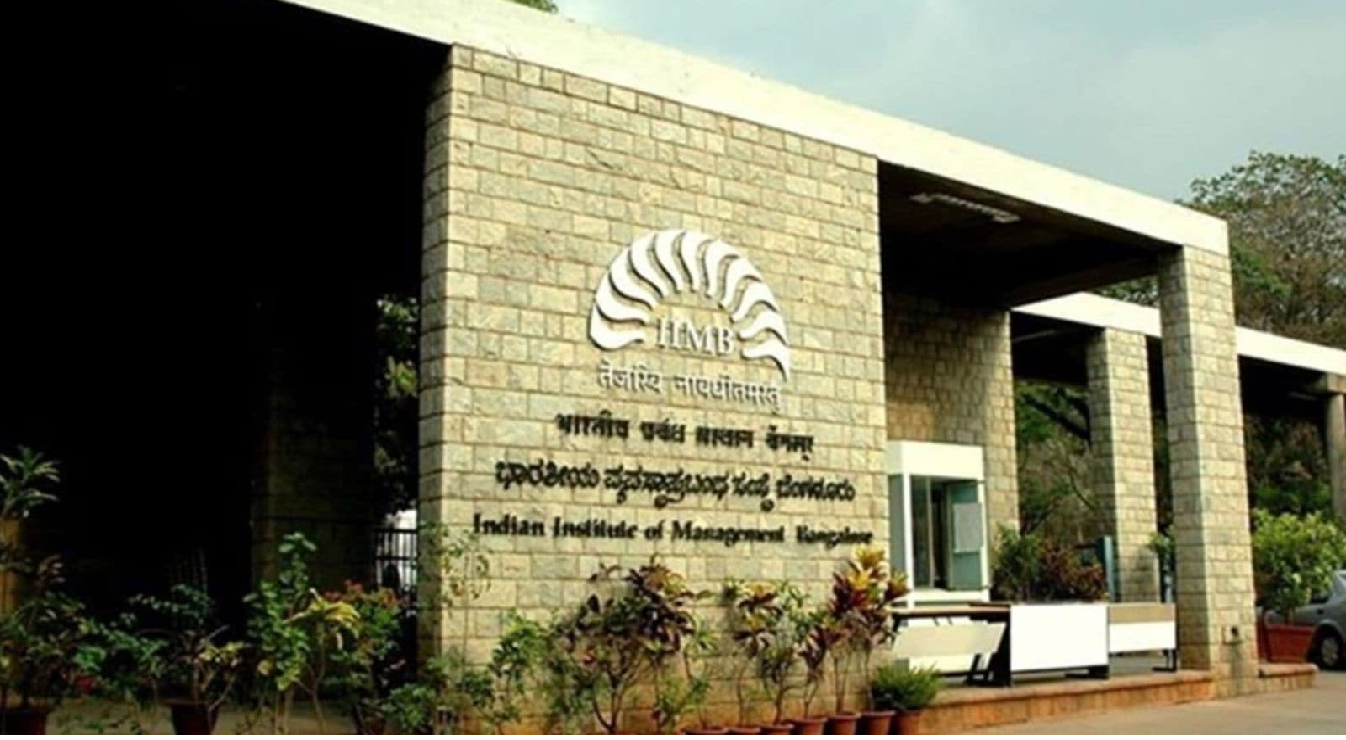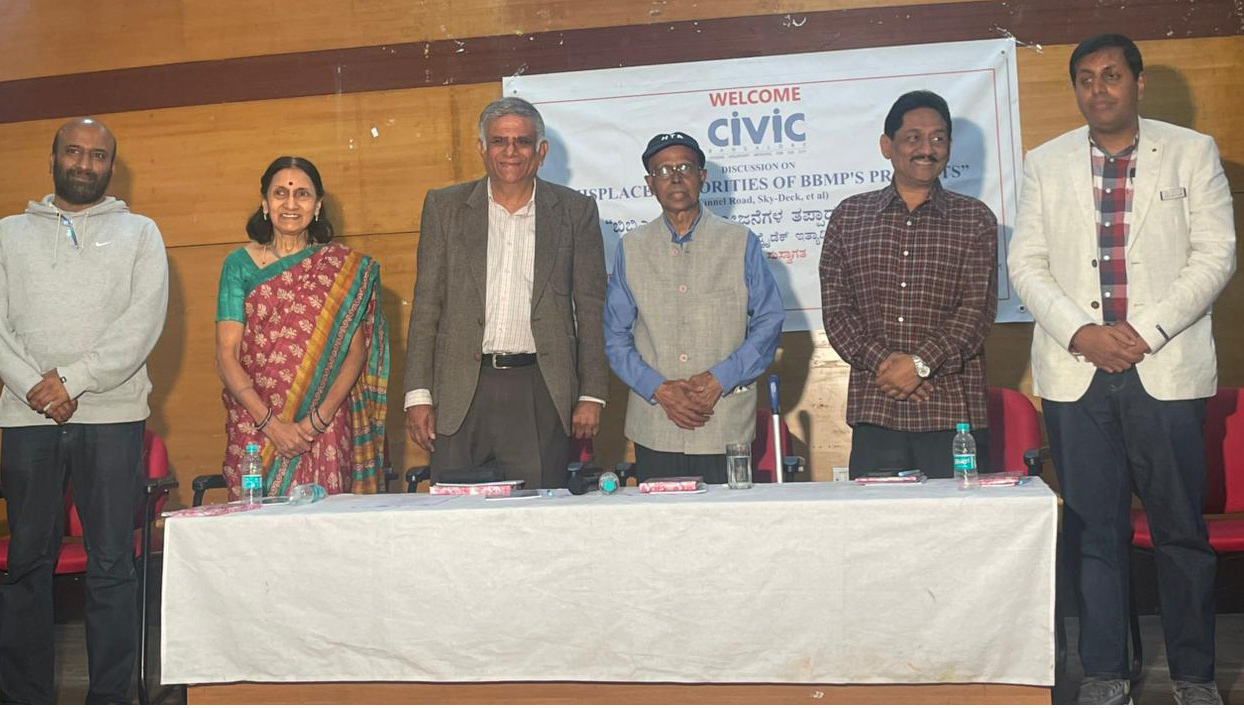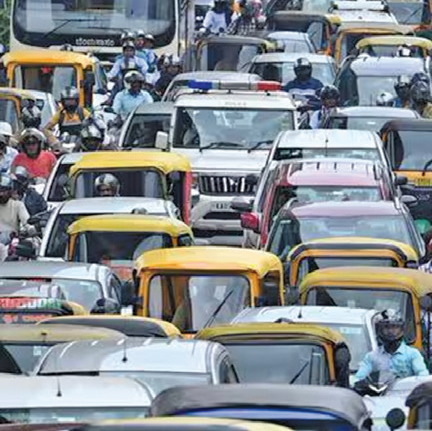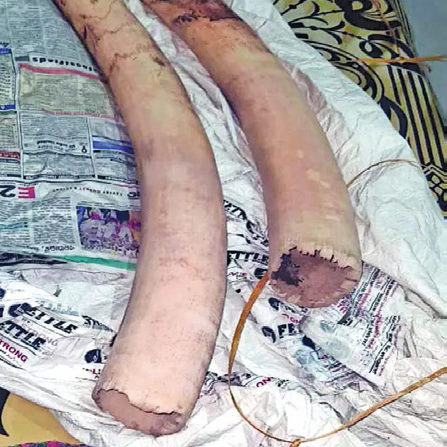
B'luru green cover under threat due to unplanned urbanisation
Report highlights the decline in the city's ecology and biodiversity owing to the rapid increase in infrastructural projects, such as metro development, road widening and flyover construction
Sowmya Raju | NT
Bengaluru: The destruction of trees in the name of development has become a major concern in the city. Infrastructure projects such as road widening, flyover and underpass construction, and metro development are rapidly increasing, leading to a significant loss of ecology and biodiversity.
According to a report by TV Ramachandra, Indian Institute of Science, Bengaluru, in the last four decades, there has been a 925 per cent increase in paved surfaces (buildings, roads, and so on) with a 778 per cent decline in vegetation and 79 per cent decline in water spread area, showing the impact of unplanned urbanisation leading to the loss ecology and biodiversity.
The 1980 Forest (Conservation) Act requires the Indian government's approval before any forest land is diverted for construction or other purposes. In Bengaluru, the Bangalore Metro Rail Corporation Limited (BMRCL) must ensure proper care and maintenance of the trans-located trees and compensatory plantation for three years and submit reports regarding the condition of the trans-located trees.
However, according to Bhargavi S Rao, a senior fellow/trustee at Environment Support Group, “The whole replanting of these trees is an absolute scam. I am sure it is not effectively implemented. Even if it is, what is the point of destroying trees in the city and replanting them somewhere else?”
A recent report by the ActionAid Association revealed that out of 1,854 BMRCL-maintained saplings around three lakes in the city (Veerasagara, Sarakki, Gottigere), 16.5% of the saplings were waterstressed, and 4.2% of the saplings were dead. Waste including plastics was seen thrown around the saplings and in the lake. Thomas Frejoy Fernando, a student who surveyed these lakes said, “Illegal entries were found throughout two lakes, which may lead to cattle entry and destroying of saplings this should be taken into account.”
Raghavendra B Pachhapur the Senior Lead Projects at ActionAid Association said, “Although the BMRCL claims that 100% of the saplings planted by then are being maintained and have survived, it is not true. Not even 20% of the saplings are in good condition.” Apart from metro constructions, other infrastructural constructions are also leading to the destruction of trees.
The recent rejuvenation of the Konanakunte Lake has led to several trees being torn apart, with several branches being charred and roots being damaged. Similarly, at Rashtreeya Vidyalaya Road, the roots of several trees have already been damaged by pits that have been dug out adjacent to the trees. These pits are filled with cement, which will obstruct the growth of the roots and kill the trees.
Raghavendra requests the Commissioner of BBMP to stop pouring cement into the pits and look for alternative spaces. Bhargavi said, “The city planners have no regard for greenery in the city, and Bengaluru, which is called the garden city of India, has no garden or green left. People are investing in air purifiers when one tree can do the job of a few air purifiers.”
 English daily published in Bengaluru & Doha
English daily published in Bengaluru & Doha






